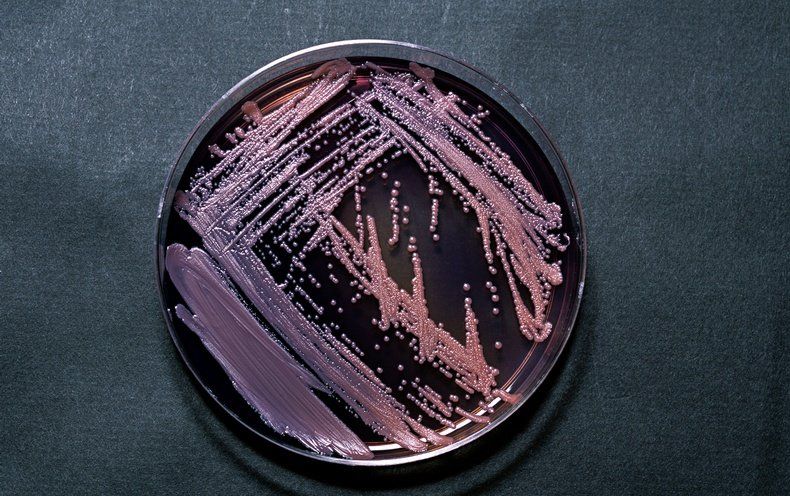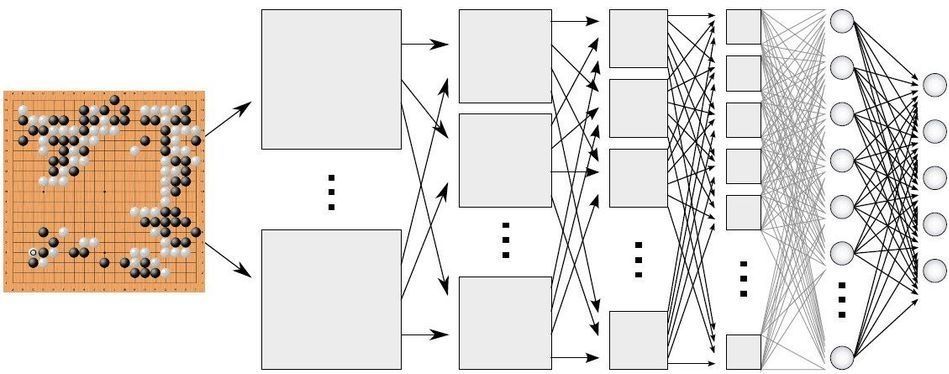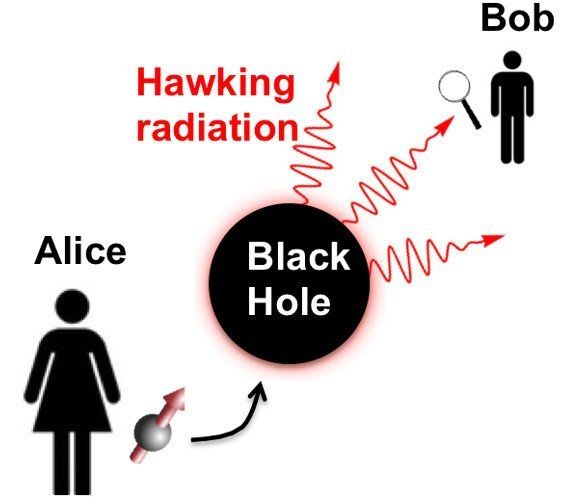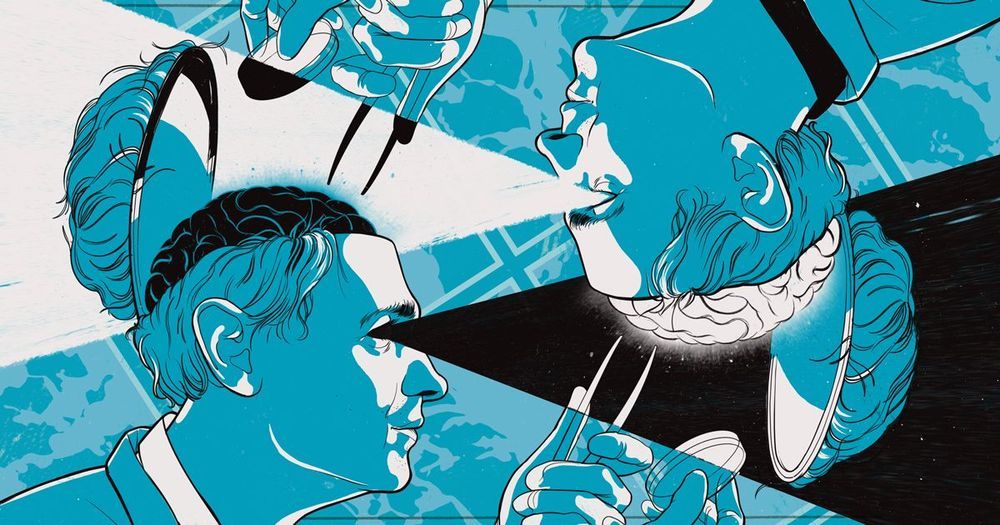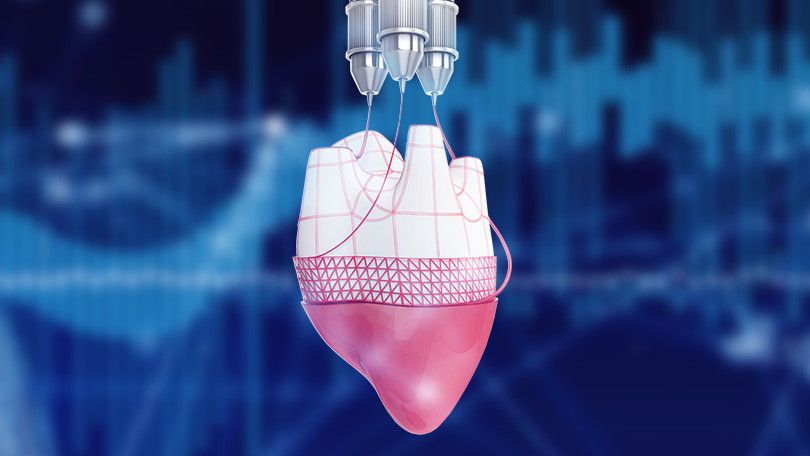Page 8186
Just as most of the matter in the universe is thought to be “dark matter,” much of Earth is populated by a kind of microbial analogue: microorganisms that are known to exist but have never been grown in a laboratory.
A new study, published last September in mSystems, suggests such microbes could account for up to 81 percent of all bacterial genera that live outside the human body. These little-known organisms could hold the secrets to new tools for treating disease and could help us understand life in extreme environments, such as those on other planets.
Mar 6, 2019
A Pair of Gargantuan Space Bubbles Might Be Spitting Cosmic Rays at Earth
Posted by Quinn Sena in category: space
Two huge bubbles, thousands of light-years across, have been discovered jiggling near the center of a distant galaxy. They could be spitting all over Earth.
Mar 6, 2019
Now any business can access the same type of AI that powered AlphaGo
Posted by Genevieve Klien in categories: biotech/medical, business, robotics/AI, sustainability
A startup called CogitAI has developed a platform that lets companies use reinforcement learning, the technique that gave AlphaGo mastery of the board game Go.
Gaining experience: AlphaGo, an AI program developed by DeepMind, taught itself to play Go by practicing. It’s practically impossible for a programmer to manually code in the best strategies for winning. Instead, reinforcement learning let the program figure out how to defeat the world’s best human players on its own.
Drug delivery: Reinforcement learning is still an experimental technology, but it is gaining a foothold in industry. DeepMind has talked of using it to optimize the performance of data centers and wind turbines. Amazon recently launched a reinforcement-learning platform, but it is aimed more at researchers and academics. CogitAI’s first commercial customers include those working in robotics for drug manufacturing. Its platform lets the robot figure out the optimal way to process drug orders.
Continue reading “Now any business can access the same type of AI that powered AlphaGo” »
Mar 6, 2019
Can entangled qubits be used to probe black holes?
Posted by Genevieve Klien in categories: computing, cosmology, quantum physics
Physicists have used a seven-qubit quantum computer to simulate the scrambling of information inside a black hole, heralding a future in which entangled quantum bits might be used to probe the mysterious interiors of these bizarre objects.
Mar 6, 2019
FDA Approves First Major New Depression Treatment in Decades
Posted by Quinn Sena in categories: biotech/medical, neuroscience
Experts’ opinions on the new drug, designed for people suffering from the most extreme forms of treatment-resistant depression and administered in the form of a nasal spray, are split.
Mar 6, 2019
Neuroscience Readies for a Showdown Over Consciousness Ideas
Posted by Genevieve Klien in category: neuroscience
To make headway on the mystery of consciousness, some researchers are trying a rigorous new way to test competing theories.
Mar 6, 2019
More evidence of sound waves carrying mass
Posted by Xavier Rosseel in categories: energy, quantum physics
A trio of researchers at Columbia University has found more evidence showing that sound waves carry mass. In their paper published in the journal Physical Review Letters, Angelo Esposito, Rafael Krichevsky and Alberto Nicolis describe using effective field theory techniques to confirm the results found by a team last year attempting to measure mass carried by sound waves.
For many years physicists have felt confident that sound waves carry energy—but there was no evidence to suggest they also carry mass. There seemed to be no reason to believe that they would generate a gravitational field. But that changed last year when Nicolis and another physicist Riccardo Penco found evidence that suggested conventional thinking was wrong. They had used quantum field theory to show that sound waves moving through superfluid helium carried a small amount of mass with them. More specifically, they found that phonons interacted with a gravitational field in a way that forced them to carry mass along as they moved through the material. In this new effort, the researchers report evidence that suggests the same results hold true for most materials.
Using effective field theory, they showed that a single-watt sound wave that moved for one second in water would carry with it a mass of approximately 0.1 milligrams. They further note that the mass was found to be a fraction of the total mass of a system that moved with the wave, as it was displaced from one site to another.
Mar 6, 2019
Jennifer Doudna Is Pioneering the Science — and Ethics — of Gene Editing
Posted by Victoria Generao in categories: bioengineering, biotech/medical, ethics, science
Mar 6, 2019
5 Amazing Projects That Will Change the Future of Healthcare
Posted by Klaus Baldauf in categories: 3D printing, bioprinting, biotech/medical, engineering
(3D-printed heart scaffold)
As the head of the University of Illinois Urbana-Champaign’s innovative Cancer Center, Bhargava has been plugging away at injecting more advanced engineering solutions into medical problems. The freeform 3D printer is one of the first futuristic achievements of that effort.
But Bhargava’s project is just one of a wave of technologies that stand to transform medicine and healthcare as we know it; to make them faster, more accurate, and hopefully, drastically more affordable. Microneedle patches, handheld diagnostic machines, and better sensing capabilities, as well as 3D bioprinting, are just a few of the technologies coming to a doctor’s office near you—or maybe even into your home—in the next decade.
Continue reading “5 Amazing Projects That Will Change the Future of Healthcare” »

